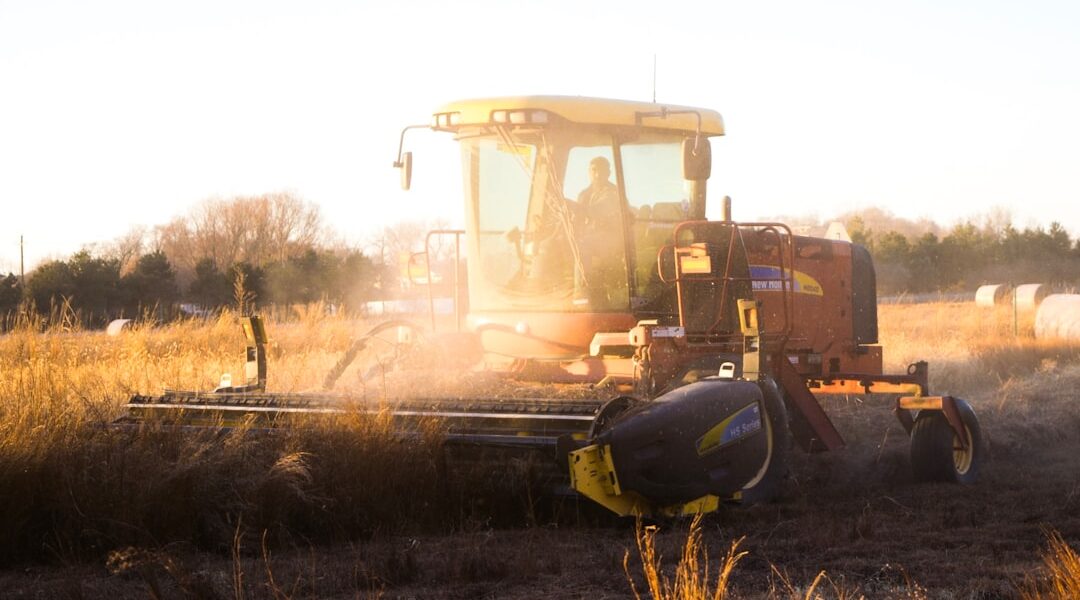Travel welding provides numerous advantages for skilled professionals in the field who also have a desire to explore. The primary benefit is the opportunity to work across various locations and industries, offering diverse experiences and challenges. This variety allows welders to enhance their skillset and expand their knowledge base.
Furthermore, travel welding can potentially lead to higher earnings, as welders may be able to charge premium rates for their services in certain areas or for specialized projects. Another significant advantage of travel welding is the chance to visit new places and interact with different people. This aspect is particularly attractive to individuals with an adventurous spirit who enjoy experiencing diverse cultures and environments.
Travel welding also offers a sense of autonomy and flexibility, as welders can choose their work locations and schedules. This flexibility is especially appealing to those who prefer non-traditional work arrangements or enjoy the diversity that comes with working in multiple locations.
Key Takeaways
- Travel welding allows for flexibility and the opportunity to explore new places while working
- Essential tools for travel welding include a portable welding machine, safety gear, and a reliable power source
- Safety tips for welding on the go include conducting thorough inspections of work areas and using proper ventilation
- Finding work as a travel welder can be achieved through networking, online job boards, and specialized welding companies
- Exploring new cultures and environments as a travel welder can provide unique experiences and personal growth opportunities
- The challenges of travel welding include being away from home, while the rewards include the ability to see new places and meet new people
- Tips for balancing work and leisure while traveling as a welder include setting boundaries, prioritizing self-care, and making time for exploration and relaxation
Essential Tools for the Travel Welder
Portable Welding Machines
For welders who are constantly on the move, having the right tools is essential for success. Portable welding machines are a must-have for travel welders, as they allow for flexibility and mobility when working in different locations. These machines come in a variety of sizes and power levels, making it important for welders to choose one that best suits their needs and the types of projects they typically work on.
Safety Gear and Protective Equipment
In addition to a portable welding machine, travel welders should also invest in a quality welding helmet, gloves, and other safety gear. These items are crucial for protecting against sparks, fumes, and other hazards that come with the job.
Reliable Transportation
It’s also important for travel welders to have a reliable means of transportation, whether it’s a well-equipped work truck or a trailer to transport their equipment from one job site to the next.
Safety Tips for Welding on the Go

Safety should always be a top priority for welders, especially when working in different environments and locations. One of the most important safety tips for travel welders is to always conduct a thorough risk assessment before starting any job. This includes identifying potential hazards, such as flammable materials or confined spaces, and taking the necessary precautions to mitigate these risks.
It’s also crucial for travel welders to have a solid understanding of the specific safety regulations and requirements in each location where they work. This may include obtaining any necessary permits or certifications, as well as following local safety guidelines and best practices. Additionally, travel welders should always make sure they have the proper safety gear and equipment on hand, including a welding helmet, gloves, and protective clothing.
Finding Work as a Travel Welder
| Location | Number of Job Openings | Average Salary |
|---|---|---|
| United States | 1,200 | 60,000 |
| Canada | 800 | 55,000 |
| Australia | 600 | 70,000 |
Finding work as a travel welder can be both challenging and rewarding. One of the best ways to secure jobs as a travel welder is to build a strong network of contacts within the industry. This can include reaching out to other welders, contractors, and businesses in different locations to learn about potential job opportunities.
It’s also important for travel welders to market themselves effectively, whether it’s through a professional website, social media, or other marketing channels. Another key strategy for finding work as a travel welder is to be flexible and open to different types of projects and industries. This may involve taking on short-term contracts, freelance work, or even temporary positions with different companies.
By being adaptable and willing to take on new challenges, travel welders can increase their chances of finding consistent work in different locations.
Exploring New Cultures and Environments as a Travel Welder
One of the most exciting aspects of travel welding is the opportunity to explore new cultures and environments. Working in different locations allows welders to experience diverse landscapes, climates, and communities, providing a unique perspective that can enrich both their personal and professional lives. Whether it’s working on a construction site in a bustling city or repairing equipment in a remote rural area, travel welders have the chance to immerse themselves in new surroundings and gain a deeper understanding of the world around them.
In addition to experiencing new places, travel welding also offers the opportunity to meet and connect with people from all walks of life. This can lead to valuable relationships and friendships that transcend geographical boundaries. By engaging with local communities and building relationships with colleagues and clients in different locations, travel welders can gain insight into different cultures and ways of life, broadening their horizons and fostering a greater sense of empathy and understanding.
Challenges and Rewards of Travel Welding

Adapting to New Environments
While travel welding can be incredibly rewarding, it also comes with its fair share of challenges. One of the main challenges for travel welders is the constant need to adapt to new work environments and project requirements. This may involve working with unfamiliar equipment, navigating different safety regulations, or adjusting to varying work schedules and expectations.
Logistical Challenges
Additionally, travel welders may face logistical challenges related to transportation, accommodation, and access to resources in different locations.
Rewards of Travel Welding
Despite these challenges, travel welding offers numerous rewards for those who are up for the adventure. The opportunity to work on diverse projects in different industries can provide valuable experience and skill development. Travel welding also offers the chance to build a strong professional reputation and network within the industry, which can lead to more opportunities for growth and advancement. Additionally, the sense of freedom and independence that comes with travel welding can be incredibly fulfilling for those who thrive in non-traditional work environments.
Tips for Balancing Work and Leisure while Traveling as a Welder
Balancing work and leisure while traveling as a welder is essential for maintaining overall well-being and satisfaction with the job. One important tip for achieving this balance is to establish clear boundaries between work time and personal time. This may involve setting specific hours for work each day and making a conscious effort to disconnect from work-related tasks during leisure time.
Another tip for balancing work and leisure while traveling as a welder is to prioritize self-care and relaxation. This may include incorporating regular exercise, hobbies, or downtime into the schedule to recharge and prevent burnout. It’s also important for travel welders to make time for socializing and connecting with others, whether it’s with colleagues, friends, or locals in the places they visit.
In conclusion, travel welding offers numerous benefits for those who are passionate about both their trade and exploring new places. By equipping themselves with the essential tools, prioritizing safety, building a strong network, embracing new cultures, navigating challenges, and finding balance between work and leisure, travel welders can make the most of this unique career path.
If you’re interested in the world of welding and travel, you might want to check out this article on Barbera Import about the top destinations for welders to visit. This article provides valuable information on where to find welding jobs abroad, as well as tips for traveling with welding equipment. It’s a great resource for anyone looking to combine their love of welding with their passion for travel.
FAQs
What is a travel welder?
A travel welder is a portable welding machine that is designed for use in remote locations or for on-the-go welding projects. It is compact and lightweight, making it easy to transport to different job sites.
What are the advantages of using a travel welder?
Using a travel welder allows welders to work in locations where traditional welding equipment may be impractical or unavailable. It also provides flexibility and convenience for welding projects that require mobility.
What are the different types of travel welders available?
There are various types of travel welders available, including stick welders, MIG welders, TIG welders, and multi-process welders. Each type has its own set of features and capabilities to suit different welding needs.
What are the key considerations when choosing a travel welder?
When choosing a travel welder, it is important to consider factors such as the type of welding process required, the power source available, the material thickness to be welded, and the portability and durability of the machine.
Can a travel welder be used for professional welding projects?
Yes, travel welders can be used for professional welding projects, especially in situations where mobility and portability are essential. However, it is important to select a travel welder that meets the specific requirements of the project and complies with industry standards.




